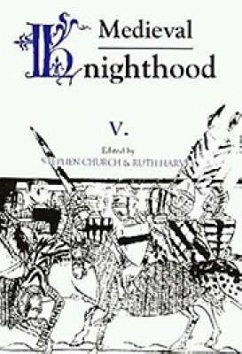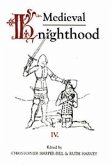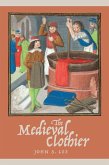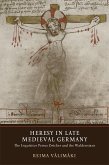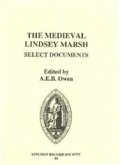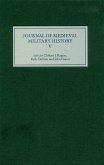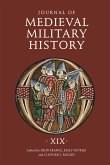These studies treat a wide variety of aspects of knighthood, ranging from its emergence as an identifiably noble estate to the appropriation of chivalric trappings to serve bourgeois interests. Topics include the way in which the word 'knight' has been used, studying the terminology and ritual concerned with 'making a knight'; the circumstances and implications of the knighting of the social elite of England between 1066 and 1272; the attitudes and interests of the knights and clerics at the court of Champagne; the multifaceted 'image' of Peter Abelard, illustrating the difficulty in distinguishing between knight and cleric; the debt which Geoffrey de Charny's treatise on chivalry owes to the ideas and ideals of knighthood in Arthurian prose romances; and the linguistic competence of the twelfth-century knightly classes as audience of troubadour song. There are also important contributions on the warhorse (challenging misconceptions on its size, qualities, advantages and limitations on campaign), and on the fortifications of fourteenth-century English towns, arguing that they were more the expression of bourgeois aspirations than a response to serious military threat.
Hinweis: Dieser Artikel kann nur an eine deutsche Lieferadresse ausgeliefert werden.
Hinweis: Dieser Artikel kann nur an eine deutsche Lieferadresse ausgeliefert werden.

